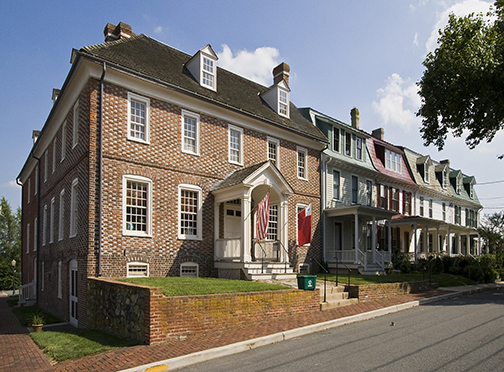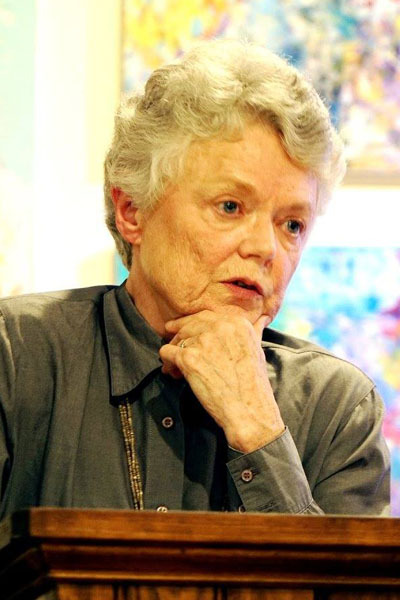Dr. Lucy Maddox is the author of several books including Removals: Nineteenth-Century American Literature and The Politics of Indian Affairs; Citizen Indians: Native American Intellectuals, Race, and Reform; The People of Rose Hill: Black and White Life on a Maryland Plantation; as well as The Parker Sisters: A Border Kidnapping. Through the story of the Parker Sisters, Lucy Maddox provides a window into the constantly threatened lives of free black people living in the border states before the Civil War, as well as highlighting how slavery affected many small communities, sometimes bringing white and black people together in surprising ways.
In the book, Citizen Indians: Native American Intellectuals, Race, and Reform, Maddox examines the work of American Indian intellectuals and reformers in the context of the Society of American Indians, which brought together educated, professional Indians in a period when the “Indian question” loomed large. These thinkers belonged to the first generation of American Indians more concerned with racial categories and civil rights than with the status of individual tribes.
Maddox’s recent work focuses on the intersection between history and literature and, most recently, the study of the flight from slavery in Maryland, especially from Kent County. She is currently researching the life of James Bowers, a Quaker farmer who was tarred and feathered for assisting enslaved people in their search for a passage to freedom. She also investigates the lives of Harriet Tillerson and James Butler, whose stories are elusive but integral to the network that supported the flight of enslaved people out of the county during the 1850s.
“I enjoy digging through archives and newspapers to find the pieces of primary source material that reveal history and inspire a narrative,” Maddox said. “I also appreciate talking with local people who may share oral history passed down through their families. What we assume to be true creates attitudes in our own heads that often perpetuate biases. The more you investigate the records the more you realize how complicated it is to tell history accurately, especially stories about families and racial politics.”
The application process for the 2025-2026 Patrick Henry History Fellowship opens October 15. The deadline for submission for the 2025-2026 Patrick Henry History Fellow is January 15, 2025.




Barbara says
Great! Looking forward to reading what you come up with!